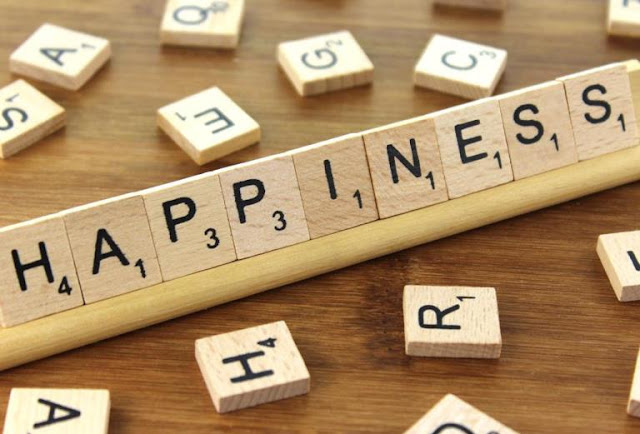Needed: A new theory of autocracy

Autocrats are on the rise. Many societies, presumed to be democratic, are under the sway of autocratic leaders. Others, who had been under autocratic rule for some time and recently disposed off the long-reigning autocrat, have gone back and got a new one. Commentators, who initially saw such a political turn as aberrations and predicted democratic tendencies to triumph eventually, are now recalibrating their outlook. Books with titles such as 'death of democracy' are out now and those calling democracy a disorder seem to be around the corner. Protests, which are everywhere, are producing unintended consequences: Few years of battling Brexit have produced in Britain the most authoritarian right-wing government one ever imagined there would be; the Black Lives Matter protests in the United States may just help Donald Trump to scrape through again. The commentaries on how this came about focus on the usual suspects: The great recession of 2008, inequality, effects of globalisati...






